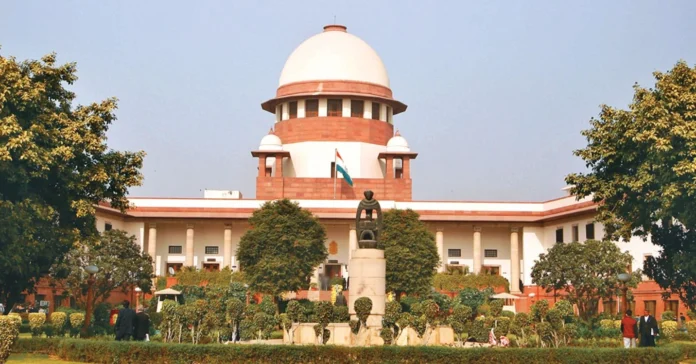The Supreme Court of India recently dealt with a petition filed by actor Kangana Ranaut seeking to quash a criminal defamation complaint pending against her in Punjab. The matter arose from a social media post made during the farmers’ protest in 2020, in which Ranaut misidentified protester Mahinder Kaur as another activist and added commentary that allegedly tarnished Kaur’s reputation.
When the case came before a Bench of Justices Vikram Nath and Sandeep Mehta, the Court emphasized that its role at the quashing stage is limited. The judges noted that Ranaut’s post was not a simple retweet but one that “added spice,” thereby giving it a distinct character and impact. According to the Court, whether or not such a statement meets the legal threshold for defamation cannot be determined in a summary manner—it is a matter that requires evidence and examination during trial.
The Bench also underscored that complaints disclosing a prima facie case of defamation should ordinarily proceed to trial, rather than being prematurely terminated. It observed that only after the trial court considers the facts, hears witnesses, and applies the legal defenses available under Section 499 of the Indian Penal Code, can it be decided whether defamation has indeed taken place.
In light of these observations, Ranaut’s counsel chose to withdraw the petition. The Supreme Court, therefore, dismissed it as withdrawn, leaving the magistrate’s proceedings in Bathinda to continue.
By doing so, the Court reaffirmed two important principles: first, that high-profile individuals must exercise responsibility in their public statements, especially when those statements concern private citizens; and second, that questions of defamation cannot ordinarily be resolved without a proper trial. The ruling reflects the Court’s cautious approach in balancing freedom of expression with the right to reputation, making clear that public commentary which crosses into potentially defamatory territory is a matter best examined in the trial court


